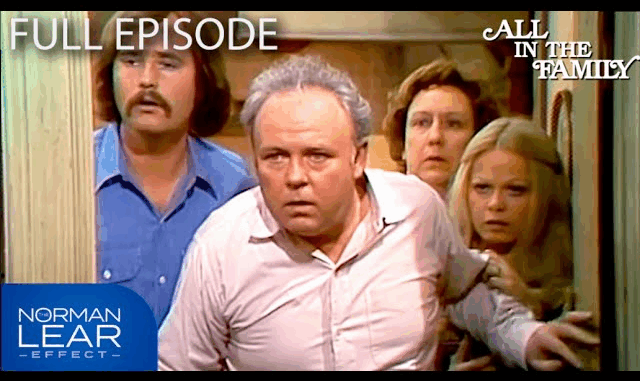
When All in the Family first aired on television in the 1970s, it was a show unafraid to tackle America’s most difficult social and economic issues. Among its most memorable episodes is The Unemployment Story, a heartfelt and brutally honest depiction of job loss that still resonates with viewers today.
In this powerful installment, Archie Bunker — famously played by Carroll O’Connor — faces the harsh reality of being laid off, and the fallout that follows. The Bunker household, long sustained by Archie’s income, must come to terms with new financial uncertainties and the emotional impact that unemployment brings.
What makes The Unemployment Story so compelling is its raw authenticity. The show doesn’t merely present unemployment as a plot point; it dives deep into the fears, pride, and vulnerability of its characters. Archie, who often masked his insecurity with bluster and bigotry, is forced to confront his own limitations — a rare and poignant moment of personal reckoning.
The episode also explores the ripple effect of losing one’s job, from strained relationships and rising household tensions to questions of self-worth. Viewers in the 1970s, dealing with economic shifts and a changing labor landscape, saw their own struggles reflected back at them onscreen — making All in the Family feel less like entertainment and more like a vital cultural conversation.
Decades after its original airing, The Unemployment Story remains a significant cultural touchstone. It reminds us that television can do more than make us laugh; it can make us feel seen and understood. Its willingness to tackle painful, real-world issues is one reason All in the Family endures as one of television’s most important and trailblazing shows.